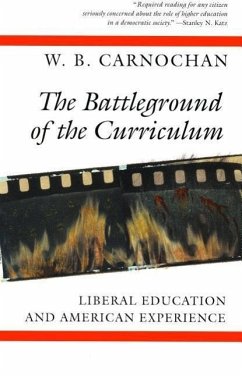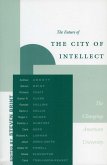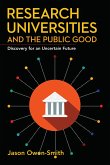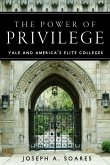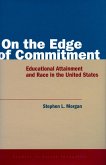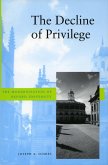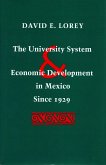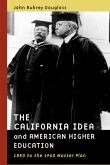"The crisis of liberal education is a reflection of a crisis at the peaks of learning ... an intellectual crisis of the first magnitude, which constitutes the crisis of our civilization". These doomsday words of Allan Bloom in the best-selling The Closing of the American Mind (1987) are among the latest and most politically inflammatory manifestations of a "crisis" that this book demonstrates has been going on for two centuries. In contrast to the heated polemics and hyperbole of current debates concerning the role of higher education in the United States, this eloquent, balanced, and witty book seeks to bring sense to a volatile subject by reminding us that controversy has always surrounded the curriculum of the modern university. It points out where and how contemporary critics of the curriculum are wrong, historically speaking, and it shows how American ideals of "liberal education" are extraordinarily obscure, the product of many different attitudes and historical intentions. The author suggests that we cannot begin to understand or even think clearly about the present curricular wars without looking back over the past two centuries. From the tangled web of history, he has selected certain threads in the course of liberal education not only to illustrate the past but to gain a sense of what might lie ahead. The moments in history the author analyzes range from the "battle of the books" between Oxford and representatives of the Scottish Enlightenment at the turn of the nineteenth century, to the struggle over "Western Culture" at Stanford that caught the attention of the politically ambitious and of the nation as well. An exemplary figure within the debates over liberal education isshown to be Charles W. Eliot, President of Harvard University from 1869 to 1909. Eliot fought a relentless, controversial, and temporarily successful battle to break down the prescribed curriculum and to install the free elective system, in which students were able to set their own program almost at will. Indeed, "multiculturalism", with its pluralistic values, recreates the conditions of his free curriculum. Among the other topics considered are the nineteenth-century debate over religious and secular learning, the origins and inherent contradictions of courses in "civics" and Western civilization and programs in the "great books". Ultimately, the author shows where we really are, intellectually speaking, at the present moment in liberal education: namely, at a juncture where the welds of literature and history (which combined forces to achieve a position of commanding strength) have been joined by, and in a measure challenged by, the comparatively young discipline of anthropology, a moment when American higher education needs to understand better what it is really trying to do.
Hinweis: Dieser Artikel kann nur an eine deutsche Lieferadresse ausgeliefert werden.
Hinweis: Dieser Artikel kann nur an eine deutsche Lieferadresse ausgeliefert werden.

